The United States Mission in Nigeria has declared that Nigerian government officials found guilty of corruption will face visa restrictions and be denied entry into the U.S.
The announcement, made on 23 September 2025, came in the wake of a petition by activist and former presidential candidate, Omoyele Sowore, who accused the Minister of the Federal Capital Territory, Nyesom Wike, of laundering public funds through real estate investments in Florida.
The move, part of Washington’s broader campaign against transnational corruption, seeks to hold public officials accountable beyond the protection of political office or constitutional immunity.
The development quickly stirred debate on NewsHub, where anti-corruption advocate Mr. Olarewaju Suraj, Chairman of the Human and Environmental Development Agenda (HEDA), and cybersecurity expert Yomi Ogunjobi weighed in on what the measure means for Nigeria’s troubled war against graft.
Ogunjobi described the visa ban as a positive signal that public office does not guarantee immunity from international scrutiny.
However, he questioned its long-term effectiveness, particularly the criteria used to determine guilt. “On the surface, it’s a welcome move.
It sends a clear message that being in power doesn’t shield you from consequences at least not internationally. But we must ask: how effective will this really be? Who decides who is corrupt? Can just anyone write a petition and get someone blacklisted?” he queried.
He stressed that while the U.S. can prosecute cases involving its own laws such as money laundering or wire fraud it has no jurisdiction over offences committed solely within Nigeria.
Responding to the allegations, Minister Wike reportedly insisted that the Florida properties belonged to his wife and children, who are American citizens.
The panelists, however, expressed doubts. “I personally doubt that explanation,” Ogunjobi said. “But unless there’s clear evidence, we can’t dismiss it outright.
That’s why we need strong institutions at home to investigate, gather facts, and prosecute based on the law not on social media speculation or public sentiment.”
The discussion then shifted to whether the visa ban could serve as a genuine deterrent.
Suraj argued that while the measure might be symbolically powerful, its practical impact was limited. “If the goal is to deter corruption, stopping officials from entering the U.S. is not enough.
Many of them have access to other safe havens the UK, UAE, Switzerland, even Caribbean nations. They can just take their money elsewhere,” he said.
He also faulted foreign financial systems for enabling graft, accusing countries like the U.S. of complicity by allowing illicit funds to pass through real estate, shell companies, and luxury markets with little oversight.
Attention then turned to the weakness of Nigeria’s domestic anti-graft agencies. Both the Economic and Financial Crimes Commission (EFCC) and the Independent Corrupt Practices Commission (ICPC) came under fire for lacking independence, resources, and resistance to political influence.
“Nigerians have lost faith in these institutions,” the NewsHub host observed. “Take the Ministry of Humanitarian Affairs scandal billions allegedly misappropriated, ministers summoned, and then silence.
No follow-up, no charges, no resolution.”
Ogunjobi lamented that investigations rarely begin while officials remain in office, and when they do, cases often drag on for years.
“Cases only start after someone leaves office. And even then, they can drag on for a decade. Meanwhile, a poor man who steals a chicken is jailed in a matter of weeks,” he noted, highlighting glaring inequalities in Nigeria’s justice system.
Beyond institutions, the panelists pointed to cultural attitudes that help entrench corruption.
Religious leaders, traditional authorities, and society at large were criticised for celebrating, rather than shaming, corrupt individuals.
“In many churches and mosques, the corrupt are not condemned, they are honoured,” one panelist said.
“They’re given front-row seats, titles, and respect simply because they have money. No one asks how they got it.” Ogunjobi also condemned the rise of prosperity preaching: “If you tell people they will ‘make it’ this year when they have no job, no business, no skills it’s misleading.
“We should be preaching diligence and transparency, not glorified shortcuts.”
Despite the symbolism of the U.S. measure, the panelists stressed that Nigeria cannot outsource its anti-corruption battle.
“We must stop outsourcing the anti-corruption fight,” Ogunjobi insisted. “Nigeria needs to strengthen its institutions, empower EFCC and ICPC, and create a culture of accountability that starts from within.”
Among their recommendations were ensuring the independence and funding of anti-graft agencies, reforming the judiciary for faster case resolution, expanding international cooperation to trace and repatriate stolen assets, and promoting civic education to reshape societal values around integrity.
In conclusion, the panelists agreed that while the U.S. visa ban sends a strong signal, the real war against corruption cannot be fought abroad.
“It must be fought and ultimately won, on Nigerian soil”, he concluded.


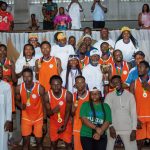




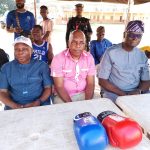


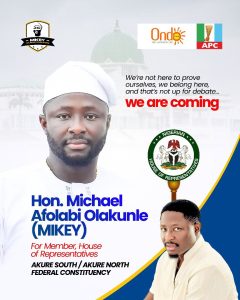
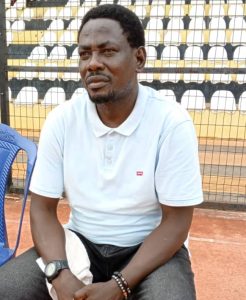


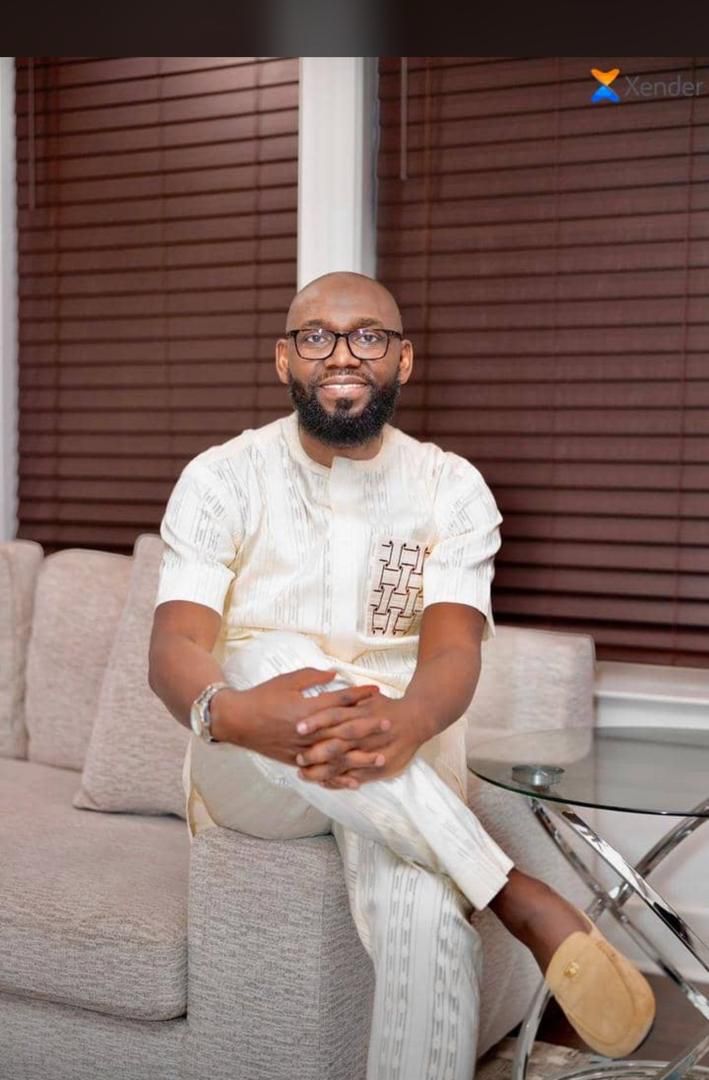


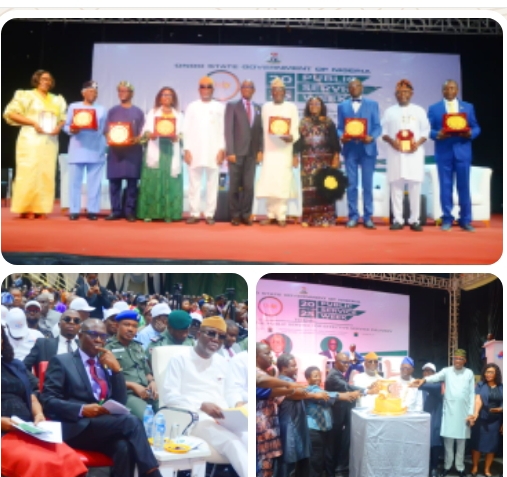

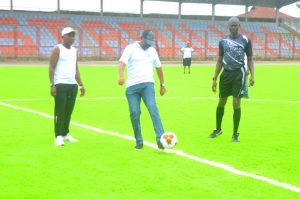
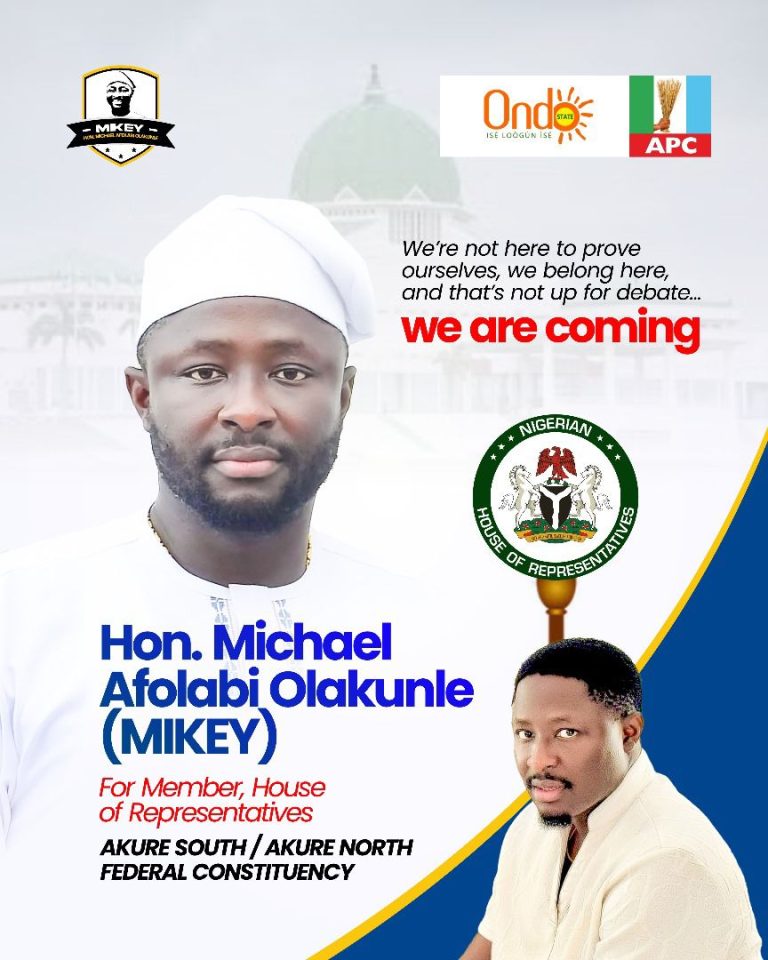
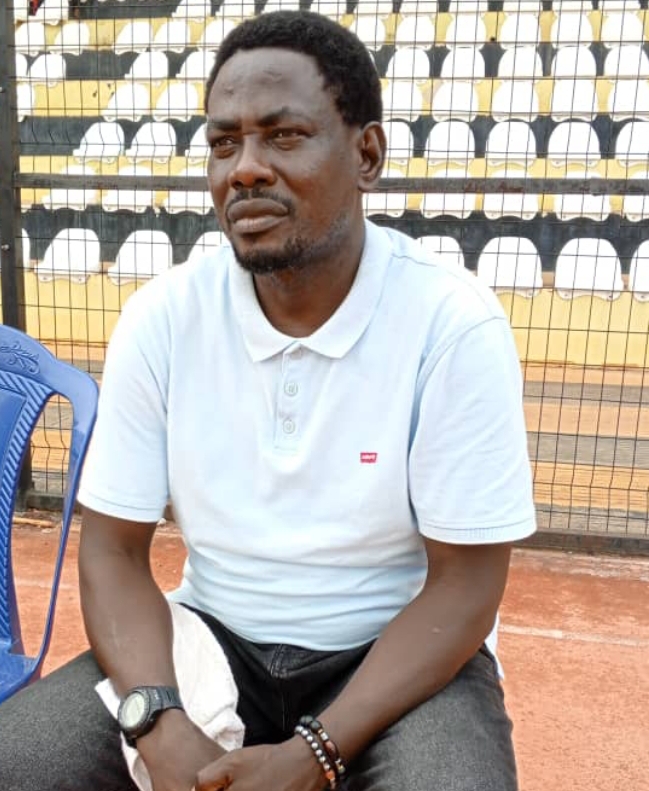

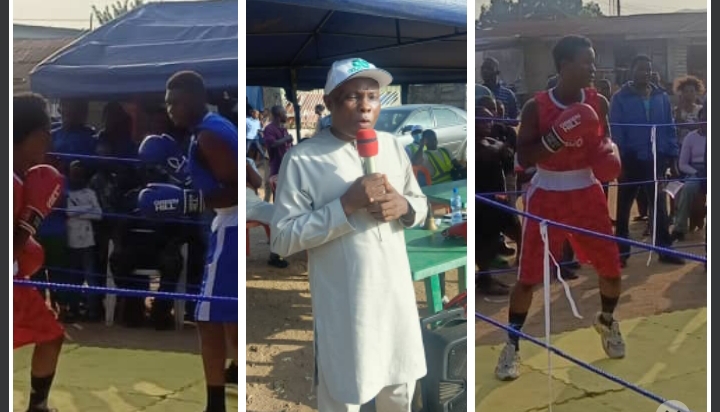
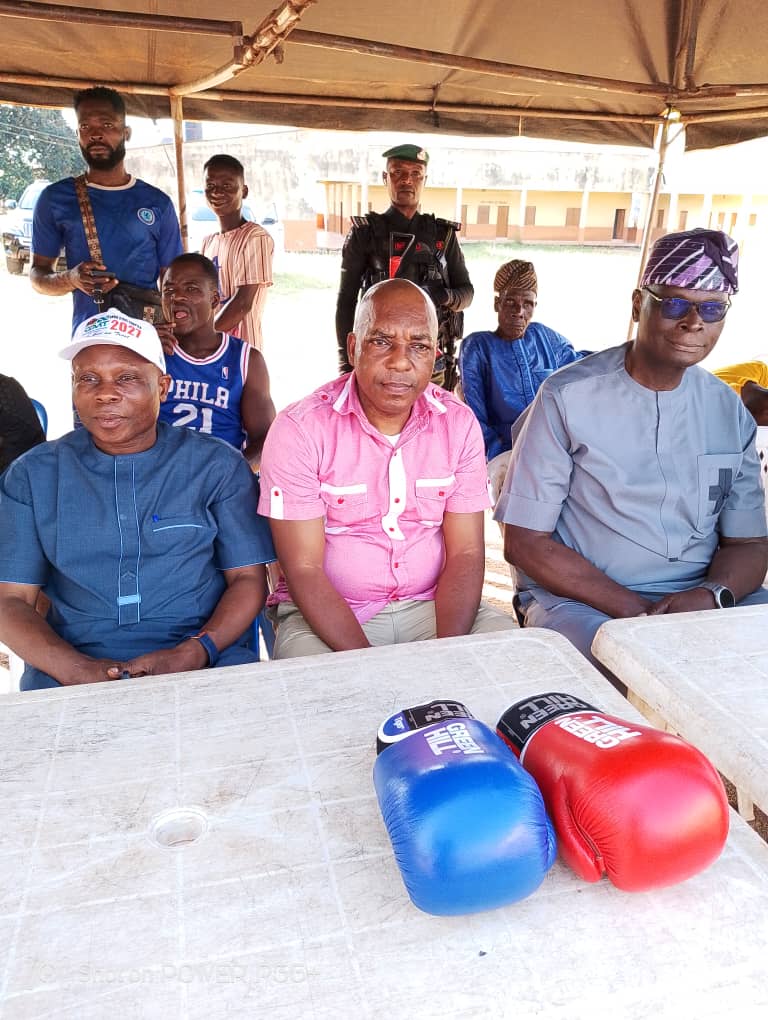
+ There are no comments
Add yours